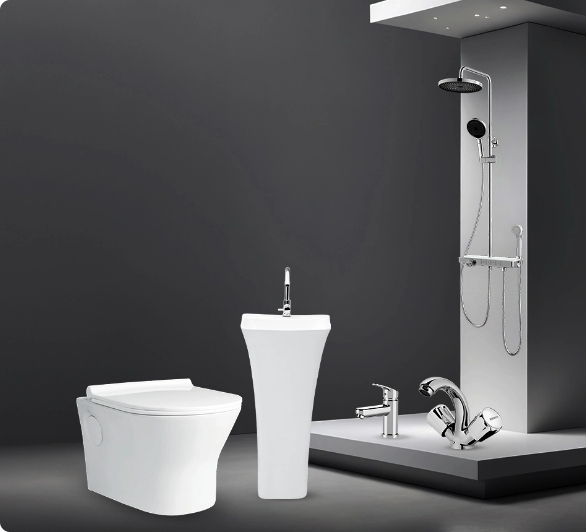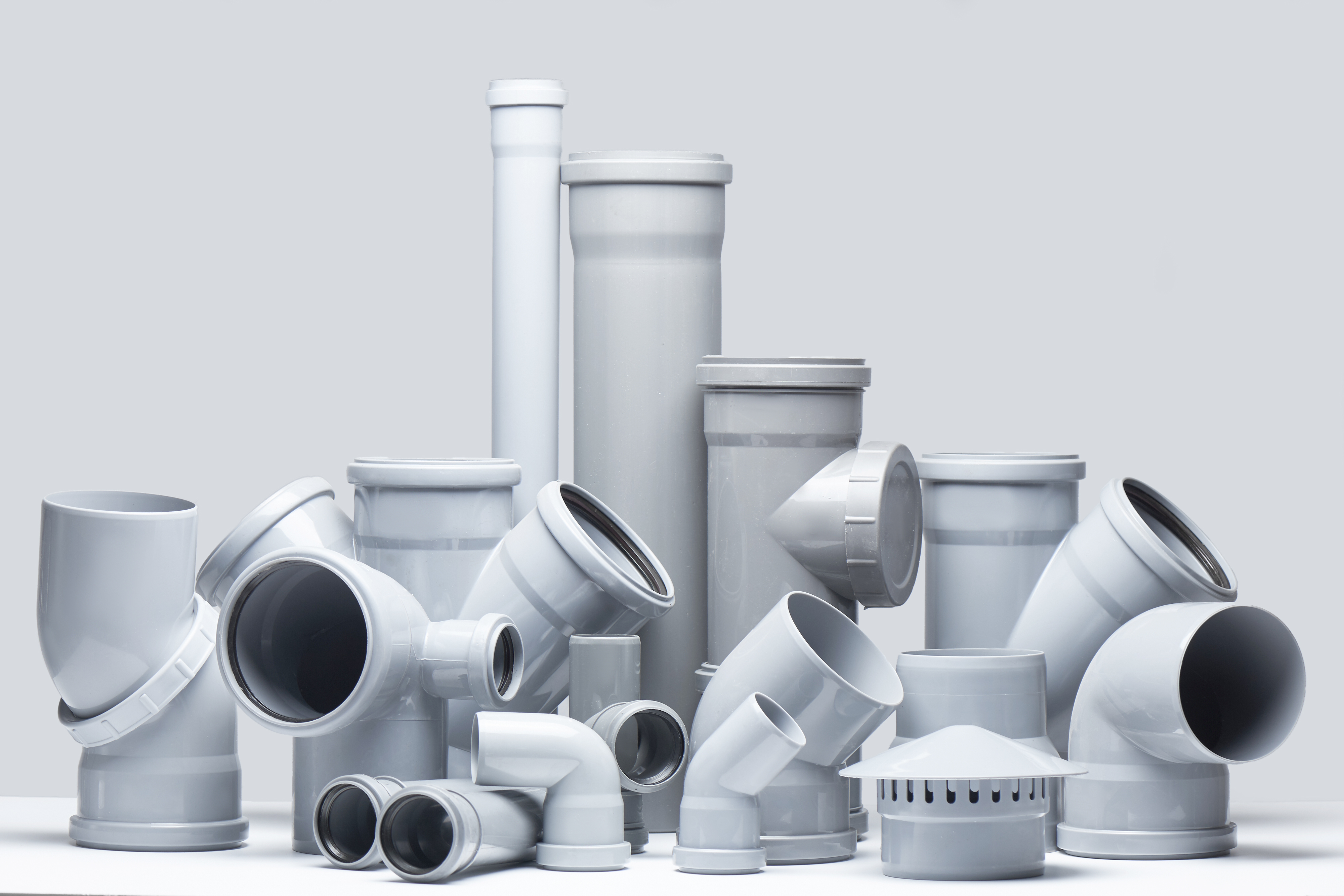

August 18, 2025
You measured the diameter. Bought the correct size. Installed it just right.
Still leaked.
If that sounds familiar, you’re not alone. Most people searching for PVC pipe connectors already know what they are. The problem isn’t figuring out what they do; it’s understanding why they still fail, and more importantly, how to buy the right ones without guesswork.
This blog is your no-fluff guide to choosing PVC connectors that work, especially under pressure (literally). From sizing confusion to pressure compatibility, we’ll help you spot the difference between “fits” and “functions.”
What to Know Before Buying PVC Pipe Connectors
It’s not always about diameter. Even the “right size” can leak if you overlook other critical factors. Here's what you need to check:
1. Connection Type: Slip vs Threaded
Slip connectors need solvent cement for bonding. Once installed, they’re permanent.
Threaded connectors screw on and off. Ideal for systems that need regular maintenance or temporary setups.
Tip: Don’t mix slip and threaded types without an adapter. It’s like trying to zip Velcro; it doesn’t end well.
2. Pressure Rating
Even a perfect-fit connector will fail if it can’t handle your system’s PSI. Always check the pressure class on the label; common ones include 4kg/cm², 6kg/cm², and 10kg/cm².
Low-pressure systems: 4kg or lower
Household supply lines: 6kg standard
Heavy-duty use or booster pump setups: 10kg+ recommended
A low-pressure-rated connector in a high-pressure line? That’s a ticking time bomb.
3. Material Grade and Compatibility
Not all “PVC” is created equal. Look for uPVC (unplasticised PVC), it’s stronger, more rigid, and chemically resistant.
Also consider:
Glue compatibility: Use PVC solvent cement, not general-purpose glue.
Temperature range: Some connectors warp in high-heat applications (like near geysers or rooftops).
Check out Industry-tested PVC pipe connectors for high-pressure lines from Watertec.
4. Pipe Schedule (Wall Thickness)
PVC pipes come in different schedules, Schedule 40, 80, etc., which indicate wall thickness.
A Schedule 80 pipe has thicker walls than a Schedule 40 pipe of the same diameter. If you mismatch the connector schedule with your pipe, it may not seat properly.
Always match the pipe schedule to the connector for leak-free fittings.
Common Types of PVC Pipe Connectors and Their Uses
Here’s a quick look at the most-used connector types, and how to pick the right one.
Connector Type | Use Case | Pro Tip |
Couplings | Join two pipes in a straight line | Use slip-type with solvent cement for permanent joints |
Elbows (90° / 45°) | Change direction of flow | Check for flow rating in high-pressure areas |
Tees | Split flow in two directions | Use equal tees for balanced distribution |
Reducers | Connect pipes of different diameters | Go gradual—sharp reductions = turbulence |
Unions | Create detachable connections | Ideal for areas that need cleaning or valve access |
Caps / Plugs | Close off lines temporarily or permanently | Great for pressure testing lines |
Each of these connectors is available in slip and threaded formats. Choose based on your maintenance and application needs.
Applications: Where PVC Pipe Fittings Work Best
PVC connectors are used across:
Home plumbing systems
Outdoor water supply setups
Agriculture irrigation networks
Chemical transport lines (if material rated for it)
They’re low-maintenance, rust-proof, and versatile, but only when matched correctly to system pressure and use case.
Explore more PVC fittings for outdoor water systems on our website.
How to Avoid Leaks After Installation
Leaks don’t just come from bad products; they come from overlooked steps. Here’s how to make your connector last:
Clean & dry before glueing: Dust, grease, or even dampness will weaken solvent bonding.
Use enough but not too much cement: A thin, even layer is better than a goopy mess.
Hold it firmly for 30 seconds: Many leaks come from impatience. Let the glue set.
Cure for 24 hours before pressure testing, especially if you're using high PSI systems.
PVC Connector Pricing: What Affects Cost?
You’ll notice prices can vary even for the same type of connector. Here’s why:
Factor | Impact on Price |
Size | Bigger = more material = more cost |
Pressure rating | Higher PSI = thicker walls = costlier |
Threaded vs slip | Threaded fittings are generally more expensive |
Material grade | Food-grade, UV-resistant, or chemical-resistant variants cost more |
Still, connectors are a small cost compared to the damage a leak can cause. If your line carries drinking water or high pressure, don’t skimp.
Final Word: Choose Once, Install Right, Forget About It
The best PVC pipe connector is the one you never have to think about again. It fits perfectly, handles your system’s pressure, and lasts through summers, monsoons, and maybe even a few tenant DIY experiments.
If you're looking to reduce your back-and-forth with plumbers (or the hardware shop), invest in connectors that match your system, not just your pipe size.
Explore our collection of pressure-rated, industry-tested PVC pipe connectors built for Indian plumbing and irrigation needs. You’ll find the specs, sizes, and fit types clearly laid out, so your choice feels informed, not overwhelming.
Because good plumbing starts with smart fittings. And smart fittings start with knowing what really matters.